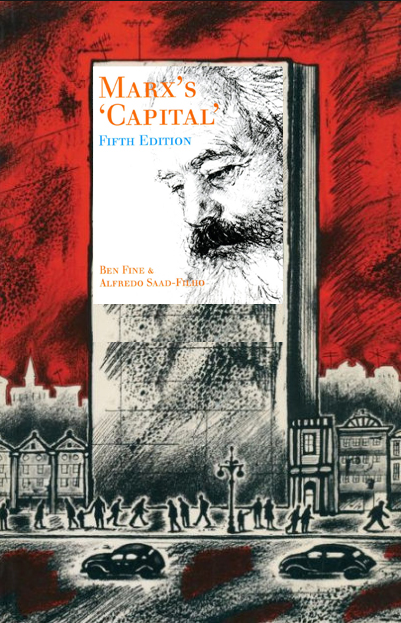Capital, Volume 1
Marx’s scientific presentation of the laws of motion of capitalist development begins by analyzing the fundamental or elemental form which wealth takes in our society, the commodity. Understanding this form leads us to the most basic law that grounds social reproduction in societies under the domination of capital, the law of value. Therefore, our first task will be to break through the appearance and reveal the social content of the commodity form. This begins the unraveling of the why and how of what we necessarily, under the domination and exploitation of capital, experience every day in our lives.



